Ukraine has stopped transiting Russian gas to some European countries on New Year's Day 2025, ending Moscow's decades-long dominance of the regional energy market.
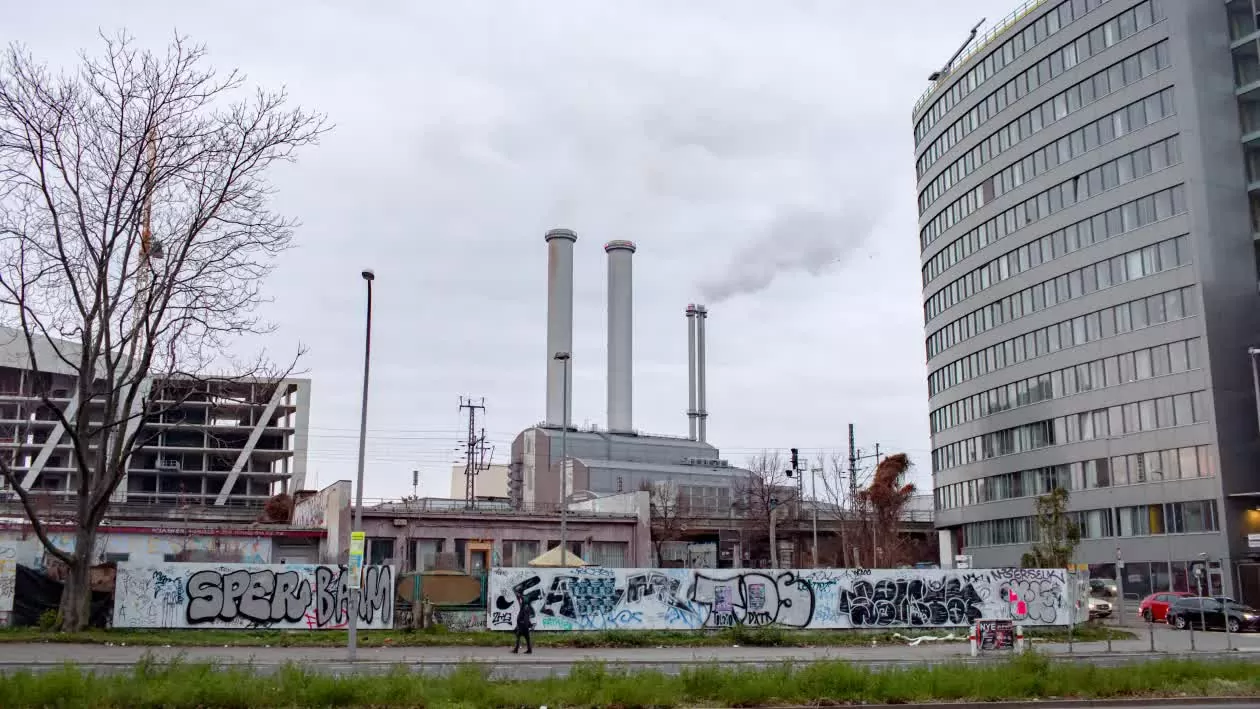 |
| The Mitte Combined Heat and Power natural gas power plant operated by Vattenfall AB in Berlin, Germany. (Source: Bloomberg) |
Russian energy giant Gazprom confirmed that gas exports to Europe via Ukraine stopped at around 8:00 a.m. (local time) on January 1, 2025.
The move marks the end of a five-year transit agreement between Russia and Ukraine, with neither side willing to extend or sign a new agreement amid the ongoing special military operation.
Which countries are most affected?
In December 2024, Ukrainian President Volodymyr Zelenskyy announced that the country would not prolong the transit of Russian gas.
Russia, which has been shipping gas to Europe via Ukrainian pipelines since 1991, said the European Union (EU) would suffer the most from the supply disruption. Moscow could still ship gas via the TurkStream pipeline, which connects Russia to Hungary, Serbia and Türkiye.
According to Reuters , Kiev will lose up to 1 billion USD/year in gas transportation fees from Moscow, while Gazprom will lose up to 5 billion USD/year in gas sales.
The now-expired deal accounted for about 5% of the EU's total gas imports and supplied mainly Austria, Hungary and Slovakia, according to the Brussels-based Bruegel think tank.
Currently, after its expiration, Europe receives gas via pipeline from Russia via a single route: the Turkstream pipeline, which runs through Türkiye and reaches Bulgaria, Serbia and Hungary.
The European Commission (EC) said it was working with EU member states most affected by the termination of the gas transit deal to ensure the entire 27-nation bloc was ready for this scenario.
Slovakia, Austria and Moldova are the countries most affected by the termination of the agreement. According to independent energy consultancy Rystad Energy, these are the European countries most dependent on Russian transit gas volumes in 2023.
Specifically, Slovakia imported about 3.2 billion cubic meters during the year, Austria received 5.7 billion cubic meters and Moldova received 2 billion cubic meters.
Slovakian Prime Minister Robert Fico warned that Ukraine's termination of the gas transit deal would have a strong impact on the EU without harming Russia. He also threatened to cut off electricity supplies to neighboring Ukraine.
Mr Fico made a surprise visit to Moscow for talks with Russian President Vladimir Putin just before Christmas.
Austria insists it is well prepared to stop the gas flow, but many other countries are more concerned.
Meanwhile, Moldova - which is not a member of the EU - declared a 60-day state of emergency last month over energy security concerns.
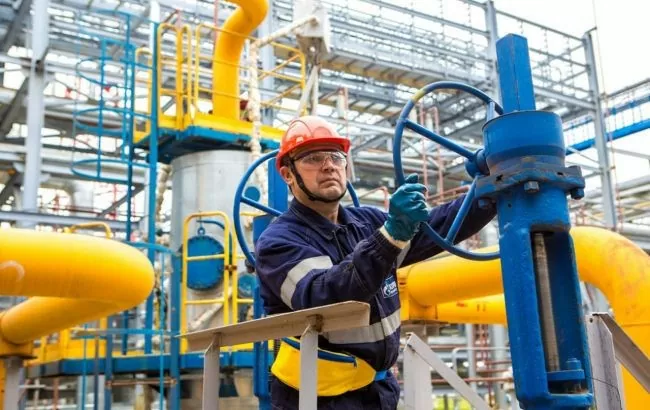 |
| The expiry of the Russia-Ukraine deal does not threaten the EU's energy security as the bloc has been preparing for supply cuts and mild winter weather. (Source: Getty Images) |
A historical event
Ukrainian Energy Minister Herman Galushchenko described the suspension of Russian gas supplies through Ukraine as a “historic event”.
“Russia is losing a big market, they will suffer financial losses,” said Mr. Galushchenko.
Separately, Polish Foreign Minister Radek Sikorski hailed the development as a “ political victory”, accusing Russian President Putin of trying to “blackmail Eastern Europe with the threat of cutting off gas supplies”.
Ukrainian President Volodymyr Zelensky called the move "one of Moscow's biggest failures."
In a Telegram post on January 2, he accused Russia of “weaponizing energy” and expressed hope that the United States would increase gas supplies to Europe.
The latest data compiled by industry group Gas Infrastructure Europe shows that EU gas storage facilities are about 73% full. In Germany, Europe’s largest economy and biggest gas consumer, stocks are now close to 80%.
Is Europe worried?
Ukraine's decision to halt Russian gas flows to the EU is not surprising, as both Kiev and Moscow have long said they would not be willing to extend the deal under current conditions, said Henning Gloystein, head of the energy, climate and resources practice at Eurasia Group.
Mr Gloystein said the expiry of the agreement did not threaten the EU's energy security because the bloc had prepared for supply cuts and mild winter weather.
"Gas prices will likely fluctuate in the coming months depending on political developments in the Russia-Ukraine conflict and weather conditions.
“On the political side, there are ongoing negotiations in the EU (for example in Slovakia, where many Ukrainian pipelines enter the EU) to find a compromise that would allow some gas supplies to resume. However, I don’t think there will be any progress in the negotiations until the beginning of the year,” Gloystein stressed.
In addition, Europe has been importing large amounts of LNG from the US and other countries. Therefore, when the gas transit agreement expires, European receiving countries can continue this route and not risk energy shortages.
But it won’t be that easy, predicts Massimo Di Odoardo, senior natural gas analyst at energy data firm Wood Mackenzie. Europe is unlikely to be able to fill its storage tanks by the winter of 2025. That’s one reason why gas prices in Europe are likely to continue rising.
According to the Intercontinental Exchange in New York, the first-month gas price at the Dutch TTF hub - a European benchmark for natural gas trading - rose 1.2% to 49.49 euros per megawatt hour on January 2.
There are also signs of tension in the region. Reuters reported that Transnistria, a breakaway region of Moldova, has cut off hot water and heating supplies to households after a transit agreement expired. Transnistria switched to coal to run the Kuciurgan power plant, Moldova’s largest power plant, which is located in Transnistria.
Source: https://baoquocte.vn/mot-su-kien-lich-su-moi-dien-ra-o-chau-au-nga-ukraine-buong-tay-moi-tinh-5-nam-eu-van-on-nho-dieu-nay-299545.html


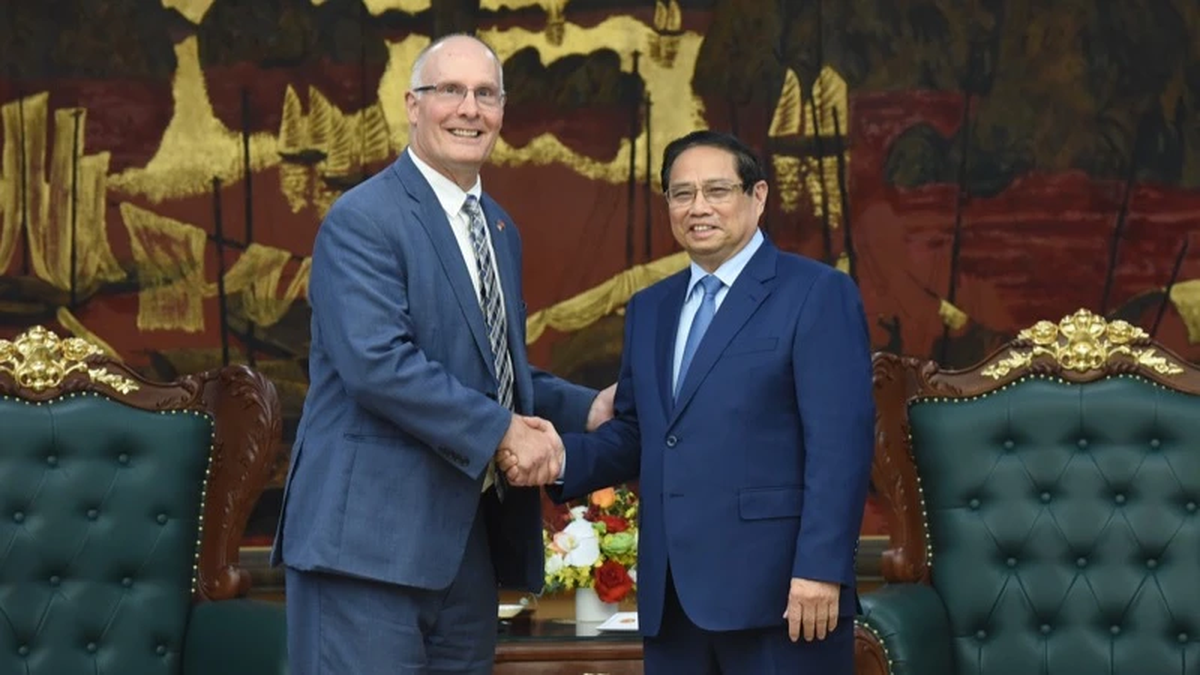

![[Photo] 12th grade students say goodbye at the closing ceremony, preparing to embark on a new journey](https://vphoto.vietnam.vn/thumb/1200x675/vietnam/resource/IMAGE/2025/5/28/42ac3d300d214e7b8db4a03feeed3f6a)
![[Photo] Prime Minister Pham Minh Chinh receives a bipartisan delegation of US House of Representatives](https://vphoto.vietnam.vn/thumb/1200x675/vietnam/resource/IMAGE/2025/5/28/468e61546b664d3f98dc75f6a3c2c880)
![[Photo] General Secretary To Lam works with the Central Policy and Strategy Committee](https://vphoto.vietnam.vn/thumb/1200x675/vietnam/resource/IMAGE/2025/5/28/7b31a656d8a148d4b7e7ca66463a6894)
![[Photo] Vietnamese and Hungarian leaders attend the opening of the exhibition by photographer Bozoky Dezso](https://vphoto.vietnam.vn/thumb/1200x675/vietnam/resource/IMAGE/2025/5/28/b478be84f13042aebc74e077c4756e4b)


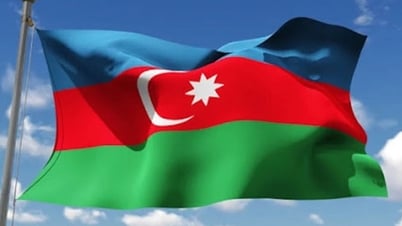




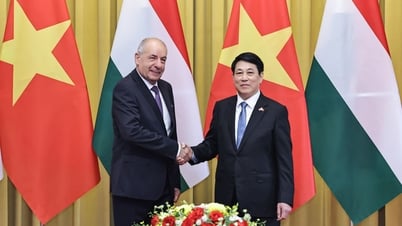









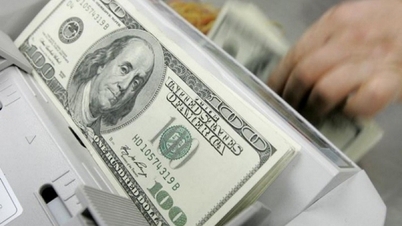




























































Comment (0)